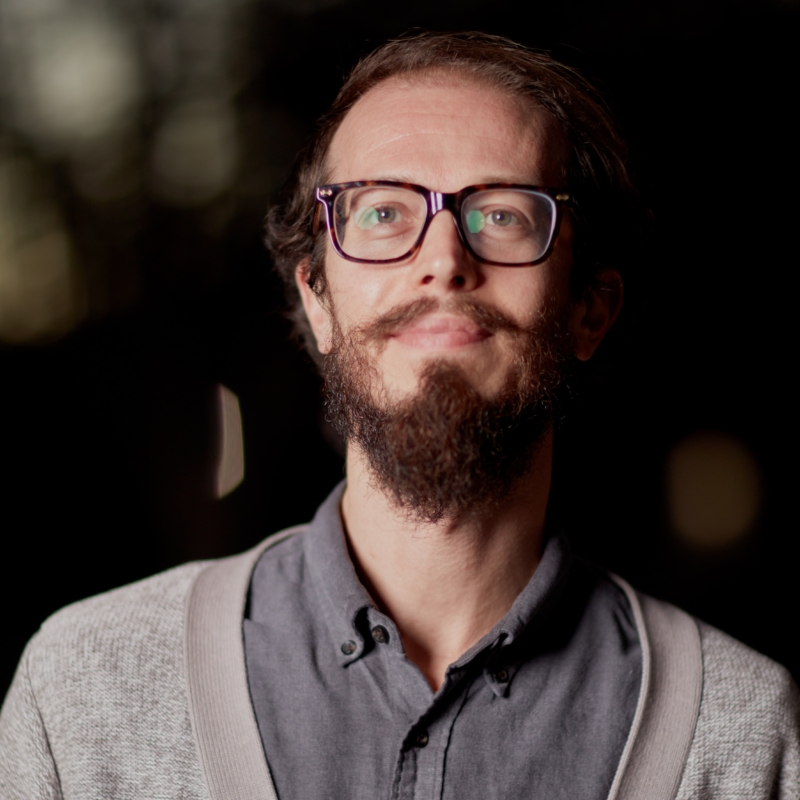Making an Impact Beyond Academic Publishing
by Ryan M. Allen
Associate Professor of Comparative and International Education and Leadership
Soka University of America
One of my beliefs as an academic is that we have a duty to bring our work out of the Ivory Tower and into the public realm. Too often, our work is inaccessible to people outside of the profession. That’s one reason I appreciate the FreshEd model created by Will Brehm and his team. The podcast brings on academics, scientists, and educators for conversations that can be understood, digested, and accessed by a broad audience. I appreciate guests who hold these same sensibilities.
One reason that academia is inaccessible is because of the archaic academic publishing system. Oftentimes, the writing is stuck behind an expensive paywall. When journal articles are available, the work may still be impenetrable due to jargon or dense writing. In an episode titled ‘the State of Publishing in Education Research’, Dr. Gustavo Fischman, professor at Arizona State University, and Dr. Brehm discuss these challenges within academic publishing, especially interrogating the for-profit nature of the system.
I think that they increased their profit in very significant ways, because what hasn’t changed is the enormous contribution of the authors and the reviewers, the profitability of these companies… [T]he global cost of peer review was estimated in six billion US dollars… And that’s the free labor that peer reviewers are basically giving to these publishing companies to produce or publish high-quality articles. (8:47)
Dr. Fischman further highlights the changes and future of academic publishing. One of the biggest threats comes from the rise of generative AI. While he recognizes there are some good uses of AI, such as matching peer reviewers and checking citations, he believes the usage of AI to conduct the peer review is detrimental to the process. “That practice it produces very misleading reviews,” he says. “And when we see one of those, we decline and strongly discourage people for using AI to review articles.”
In the end, he foresees that academic publishing will have to think about alternatives to the traditional academic publishing sector. These alternatives include scholarly dialogue, like with podcasts such as FreshEd.
I love to hear that these kinds of conversations about thinking beyond the Ivory Tower have been happening on other podcasts, too. For example, Ian M. Cook, Editor and Chief at Allegra Lab, discusses the concept of “Scholarly Podcasting” and why they are important, drawing on his book Scholarly Podcasting: Why, What, How?
Incredibly, Cook interviewed over 100 podcasters who were scholar-adjacent for his book. What I appreciated about the episode was that he shared some clips from these interviews. A common theme was how important it is for scholars to be public-facing, yet there are still barriers and restraints. For instance, some universities still mainly value traditional metrics for merit, discounting these popular outlets. Still, podcasts can offer more personal control to dive deep into complex and nuanced topics. “Basically publishing without gatekeepers,” as Cook describes it. It is heartening to hear from scholars around the world trying to bring knowledge to broader audiences through non-traditional avenues. Some universities have even started to value these kinds of tools as so-called altmetrics for research impact.
My thinking on opening up our work beyond academia was forged while in graduate school at Teachers College, Columbia University, where I took classes with Dr. Gita Steiner-Khamsi. She helped instill in me how important it can be to work beyond just academia. She has had a long career of not only publishing influential research within the International and Comparative Education field, but also working with people and organizations on the ground to make a real impact, such as her roles with NORRAG (Network for International Policies and Cooperation in Education and Training).
Dr. Steiner-Khamsi has actually been a guest on FreshEd a few times. Her latest appearance was covering the temporal dimension of a reform. But the conversation weaves through international organizations like OECD and the World Bank, philanthropies such as the LEGO Foundation and Gates Foundation, and various Ministries of Education or other government agencies. She is often on the ground in countries and locations to understand how these various entities work or operate.
“I had my sabbatical this year, so I spent it in Japan at Kobe University,” she said. “I spent three months in Iceland funded by Fulbright and at Stanford, and it was all related to this project, trying to compare SAWA as a global script and look how it played out in different countries, but also how the script itself changed.” (10:38)
Being in these places and in the field gives her a firsthand account of how research plays out, along with connecting with scholars, practitioners, and policymakers from around the world. It is this kind of knowledge and network that academics need to make an impact beyond just journal articles.
October 1, 2025






